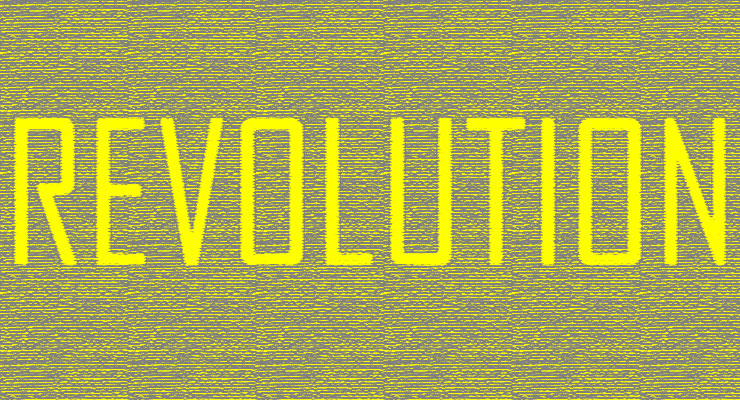
From Voice of America
Thousands gathered Monday in Tunisia’s capital as the country marked eight years since a democratic uprising ousted its long-time strongman. The rally came amid deepening economic troubles in the North African nation and resurgent anger at the revolution’s unfulfilled promises.
Unions, political parties and other civil society groups came together in Tunis to celebrate the 2011 revolution and keep up pressure on the government to improve economic opportunity in the impoverished nation.
State workers who want an end to a salary freeze plan a general strike Thursday that could disrupt airports, ports and the Mediterranean nation’s vital tourism industry. Union leader Mohamed Ali Boughdiri warned of possible violence, saying workers’ “patience is running out.”
Tunisian President Beji Caid Essebsi opened an exhibit Monday on the revolution at the country’s leading museum and urged all parties to work together to solve their differences. He summoned key political players and union leaders last week to press them to avoid unrest.
The president warned of the danger that a general strike posed to the nation’s fragile economy but conceded that “unemployment and poverty still persist and interior regions remain marginalized.”
“A democracy cannot be built in eight years,” he said. “Tangible results need time.”
Tensions resurfaced last month after a Tunisian journalist set himself on fire and killed himself last month in the impoverished Kasserine region to protest unemployment, corruption and lack of opportunity. The journalist’s death prompted several days of rioting and the government promised aid for neglected regions in response.
That desperate act echoed a vendor’s self-immolation that sparked Tunisia’s 2011 revolution. The uprising led to the ouster of a longtime strongman and unleashed Arab Spring revolts around the region. Tunisia is the only country to have emerged from the upheaval with a sustained democracy.
“There is no alternative to consensual politics according to electoral law,” said Rached Ghannouchi, leader of the moderate Islamist Ennahda party, which is part of Tunisia’s governing coalition. “Tunisia’s winning card is the success of its democratic transition. We should not lose this card.”
But it’s been a troubled path.
Prime Minister Youssef Chahed is struggling to find a path between union pressure for higher salaries for public servants and the austerity demands of the International Monetary Fund. Tunisia’s economy has been dependent on IMF loans that are tied to government cost-cutting – including a salary freeze for the country’s 60,000 public servants.
Chahed defied the IMF demands in negotiations with unions and agreed to a small raise, but unions have rejected the move as “crumbs.”
Tunisia has had nine governments since the 2011 uprising, and each one has failed to respond to the revolutionaries’ concerns about high unemployment and poverty – especially among educated youth, 30 percent of whom are jobless.
Meanwhile, Tunisia’s currency has been sinking and inflation has hit a record 7.5 percent. The country has also struggled against Islamic extremism, after attacks that killed dozens and damaged its reputation among foreign tourists.
Leave a Reply